Eleanor Davis: “Do comics for yourself; do something else to make money”
These days it’s rare to make a living from making comics, but Eleanor Davis does just that. Her work, which can be seen in prestigious media such as The New Yorker, The New York Times and The Guardian has been collecting rewards since that time she has won her ribbon for “best motor skills” back in nursery school. It is not hard to understand the success of Davis’ work; the mind bubbling color schemes and the depth of her articulate text and humor gives away the talent beneath. All that topped with her humble yet wise answers to our questions made our interview even more delightful.
Interview by Ekin Sanaç, Yetkin Nural
Originally published in Bant Mag. No: 23, October 2013 issue.
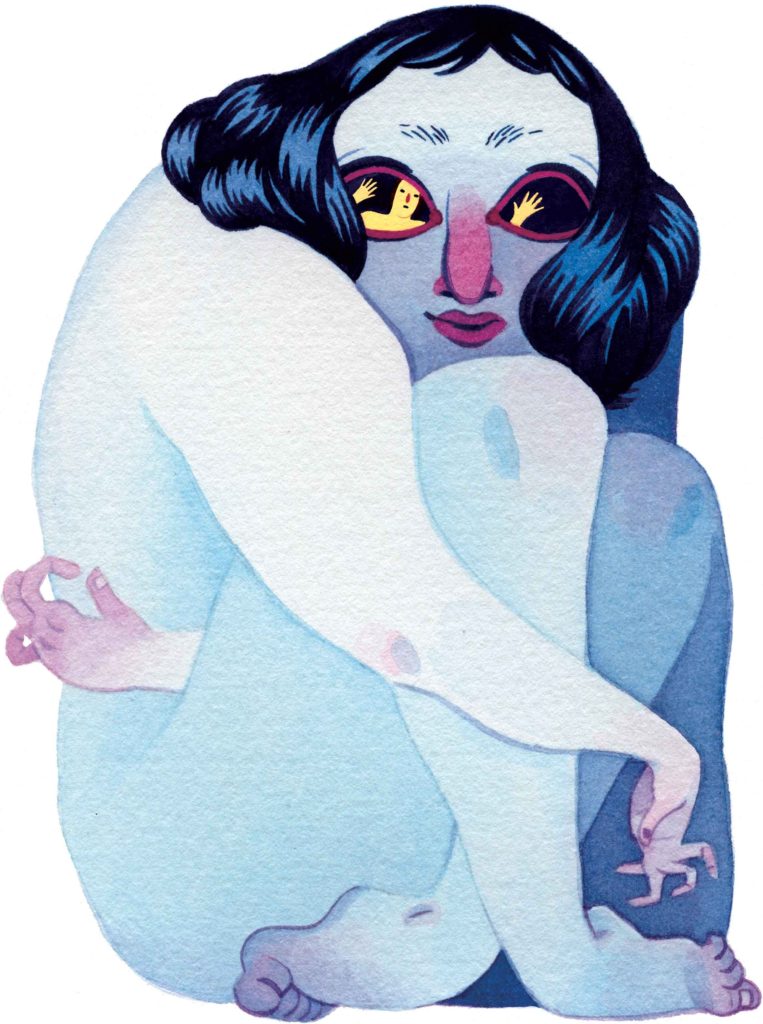
We are about the same age. Did you have to work in other jobs before you were to make your living out of what you want to do in life, drawing and art?
I worked as the Produce Supervisor at a Co-Op.
How did your interest in comics begin? What were the first comics you read?
My parents have always been really into comics. Old newspaper comics like Krazy Kat, Little Nemo and Pogo; classic kids’ comics like the Carl Barks’ Duck comics and John Stanley’s Little Lulu; old underground comics and manga. I was reading comics before I could read. It’s how my sister and I learned to read.
What was the first comic you created like?
My first comic was a Little Lulu fan comic. Little Lulu went into a haunted house and her flashlight went out, so it was mostly black. A classic cartoonist scam.

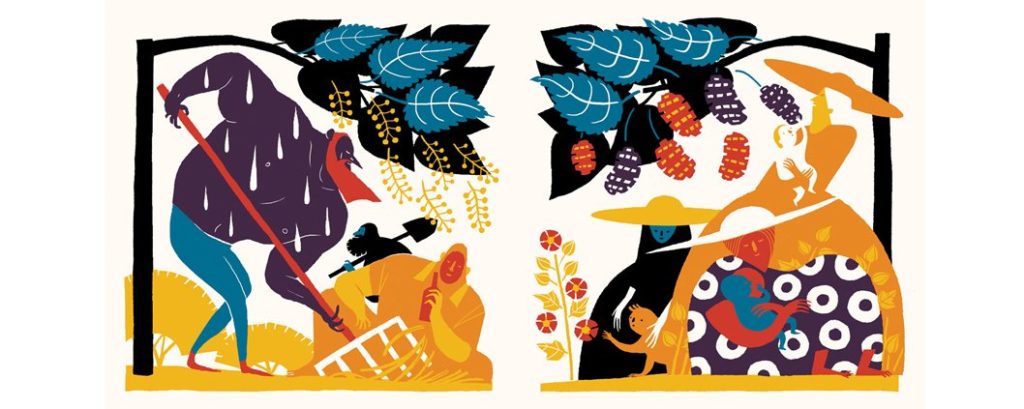
You seem to often partner with other people to create art, considering the work with your husband Drew Weing and as the illustration team Never Ever Even… How is working with other people compared to working alone for you?
I’m really bad at working with other people because I’m extremely uptight about making art, but I love working with other people because I’m extremely uptight about making art. Working with others makes me have to loosen up and be more flexible, look at problems from different angles, figure stuff out. It’s thrilling. Working on a project with someone who is better than me, like my husband or my friend Katherine, is terrifying and wonderful. I learn a lot.
You also have an online shop called “Little house Comics” where people can buy prints, comics and original art work of both yours and your friends. Nowadays we see more and more people putting their stuff out to the world via web and people can access and buy things that they wouldn’t even see and know otherwise. What do you think about affordable art?
I am pro affordable art. I don’t like the idea of making art that only one person – a person with money – can look at. That’s why I love comics and prints. If someone likes my work I want to be able to get it to them.
If it wasn’t for the internet I wouldn’t have a career. I’m so thankful that people have found me online who respond to my work.
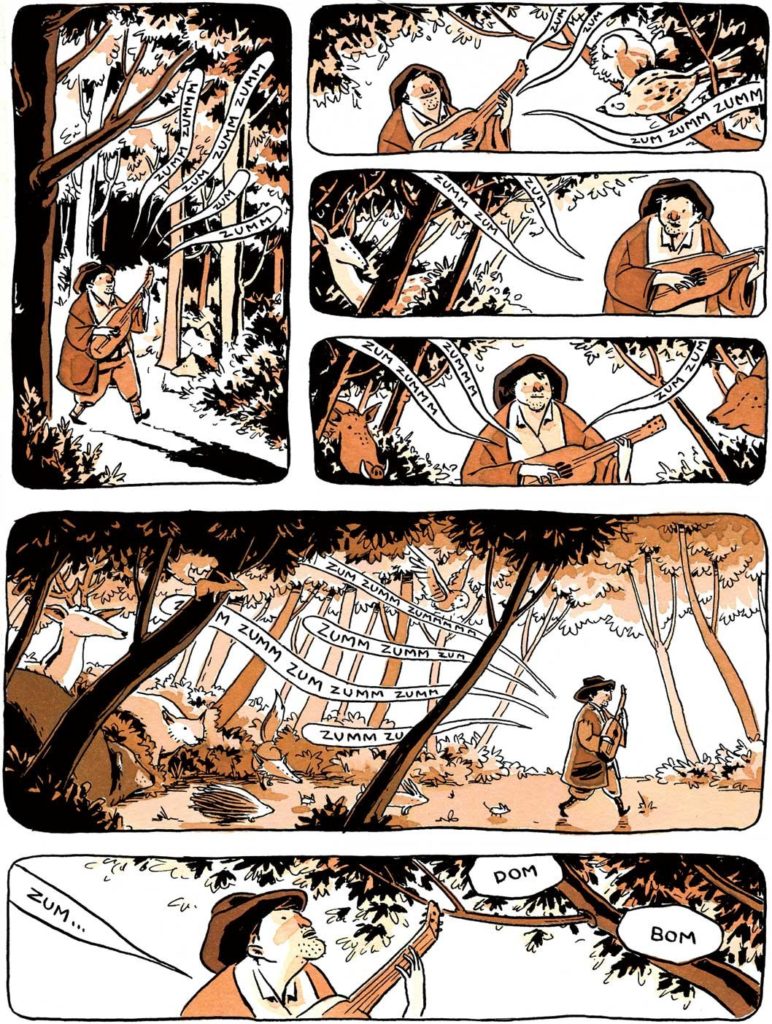
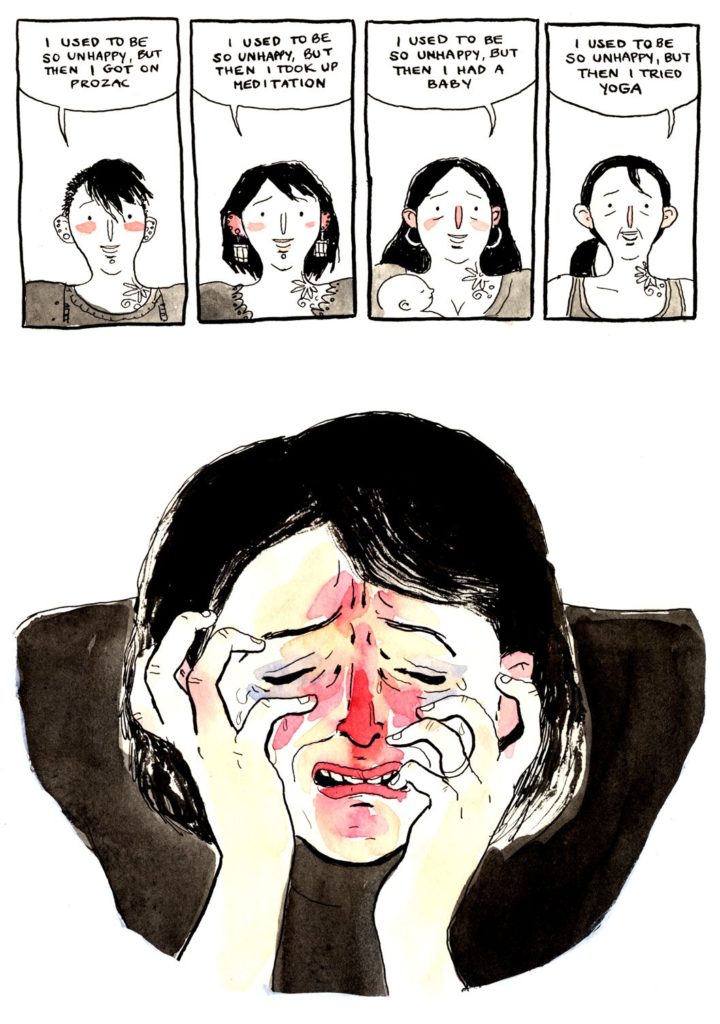
What kind of projects are you working on these days?
Fantagraphics’ Books is putting out a collection of my comics work May 2014. I’m really excited about it. Right now, I’m working on a bunch of new short stories for that.
You have also worked as an educator to younger people in comics. Do you have any observations about the comics and today’s generation?
I’m excited about the future of comics! There are so many passionate young cartoonists these days. I’m hoping that comics will become more and more of a viable career in America, and it will attract even more talented young people who may have gone into animation or illustration previously. I’m optimistic!
What would be your main advice to someone who want to become a comic artist?
After that optimistic note, my biggest advice is to not try and make money off of comics. It’s too hard right now. Do comics for yourself; do something else to make money.
There are no barriers to making comics. You can draw with anything on anything. You can photocopy your comics or put them on the internet or both. You can send your comics to your favorite artists. You can trade your mini-comics at small-press conventions. The best way to learn to make comics is to draw comics, and read comics.
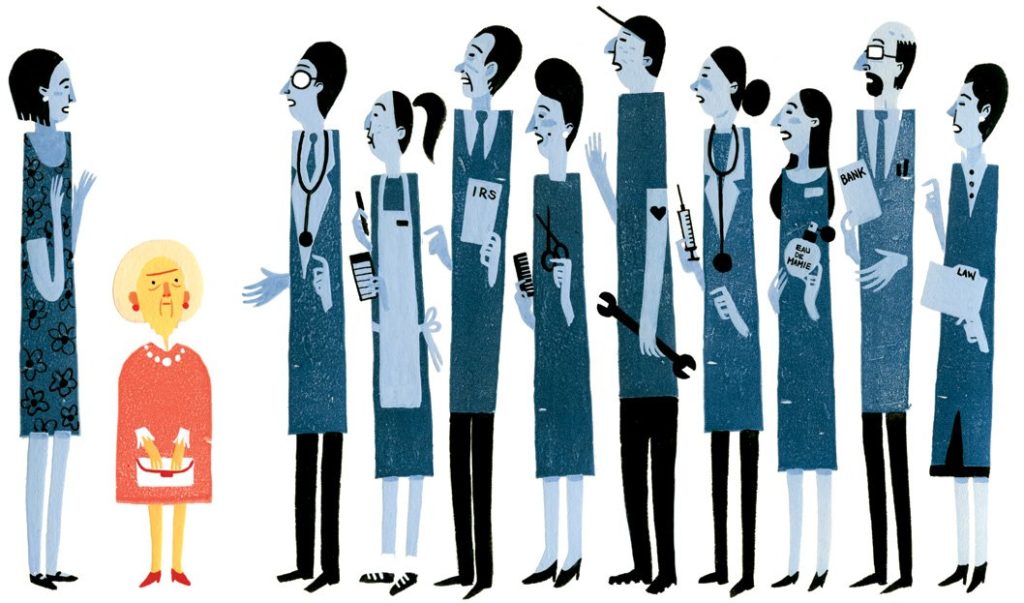
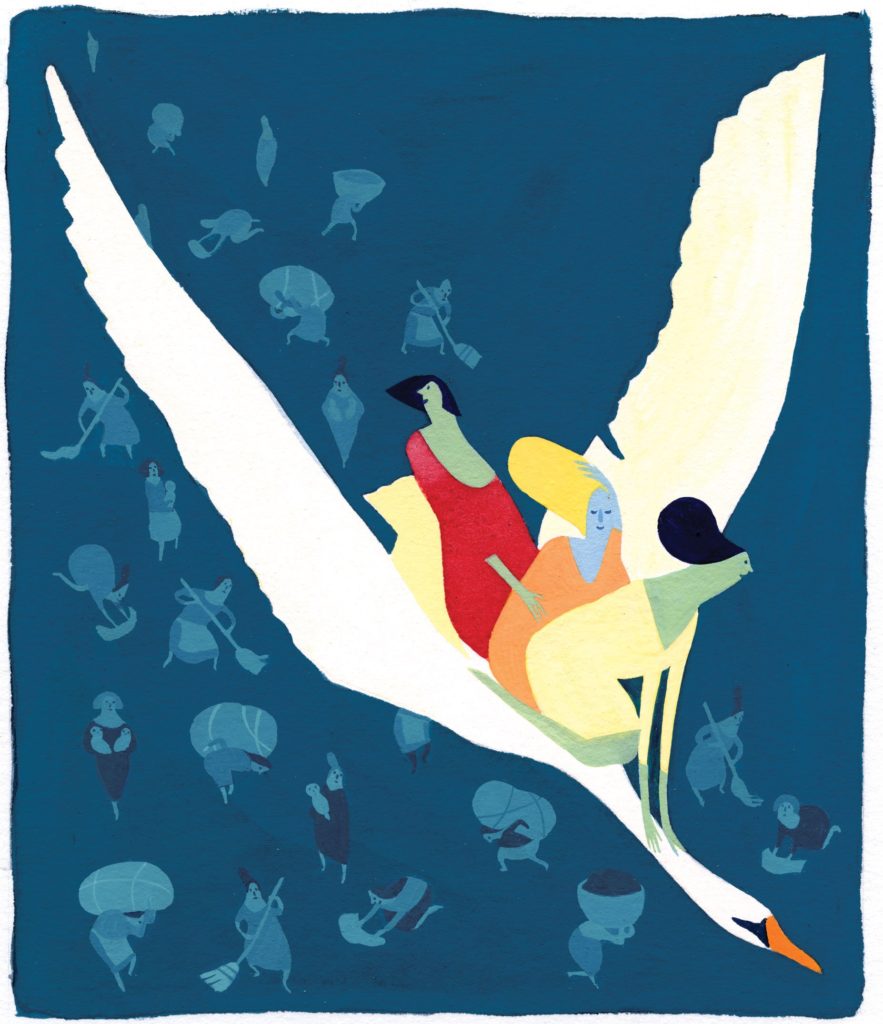
What kind of art inspires you most?
I’m inspired by truth and honesty in art.
What suits best for your sense of humour?
My sense of humor is pretty dry. That’s what I tell myself when no one laughs at my jokes.
What’s the latest music you got hooked up?
I’ve been listening to a lot of Fred Neil lately. He’s wonderful.



